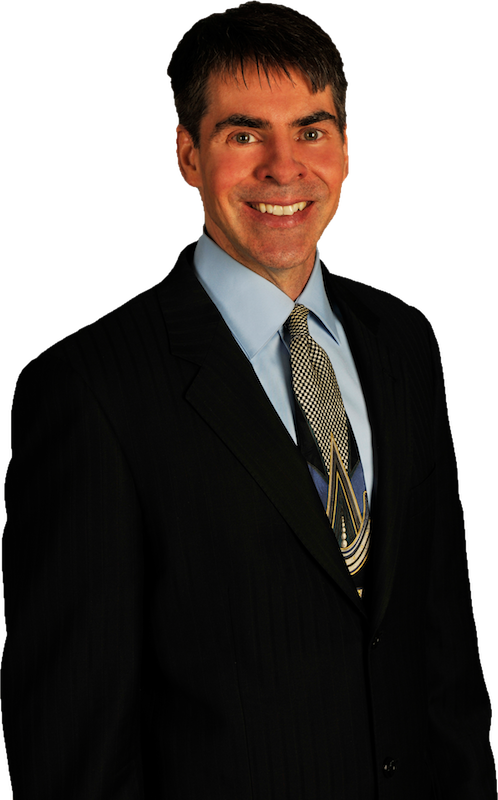Over the years people have asked me if I have daily rituals, habits, or a schedule I follow. While it’s varied a bit over the years, and I’ve tweaked it here and there, here’s my current daily schedule, and pretty much what I recommend for salespeople, entrepreneurs, and business owners… By the way, this tends to be my schedule every day as almost every day is a work day for me. J
Schedule of a Successful Salesperson, Business Owner, or Entrepreneur
6:00 a.m. – Wake up, take ½ a caffeine pill (100 mgs) with an 8 ounce glass of water. Next, think of three things I’m grateful for to get my head on straight and focus on positive thoughts. Get up, get on the floor and do 150 to 200 ab crunches. Grab my phone, run down stairs, get an 8 ½ x 11 sheet of paper out of my copy machine and write my biggest personal or professional issue at the top. 150 to 200 more crunches and drink another glass of water. Sit with my sheet of paper and work for 15 minutes coming up with 20 or more solutions to my biggest problem or issue. 150 to 200 more crunches.
Read, listen to, or watch either something positive, something about business, or something sales related for at least 30 minutes. Often it will be a combination. Review and write out my major goals and go over the major items (usually about 6) that I need to get accomplished during the day. 150 to 200 more crunches.
Run or bike for 25 minutes.
Some people also meditate for 10 to 20 minutes every morning which is a good idea for most, I just haven’t found it all that helpful.
Note: It is a good idea to get up at the same time every day, even on the weekends.
7:15 a.m. – Eat breakfast. For me this is usually oatmeal, a protein shake, and a couple chicken cutlets. Next, mentally rehearse and picture a positive outcome to all upcoming calls and meetings. Shower and get dressed. I also use positive affirmations while showering and dressing to further increase enthusiasm to tackle the upcoming day.
8:00 a.m. – Check e-mail, voicemail, and prepare for the first calls of the day.
8:10 a.m. – The selling day begins. It is time to be in front of the customer or prospect, or on the phone with them. If there are any “unpleasant” tasks to be handled, such as breaking bad news to a client, handle these first and get them out of the way. From 8:10 until about 11:45, spend time on time-critical, client-related tasks, such as prospecting, presenting, and closing.
11:45 a.m. – Check for messages, return any calls, e-mails, or other communications that need to be taken care of.
Noon – A light lunch usually consisting of chicken and rice, a salad, and water. Protein is good here and don’t go too heavy on the carbs. Overall this should be an average meal. You don’t want to go to an all-you-can-eat buffet, as you’ll be dozing off at 2 p.m. or sooner.
12:30 p.m. – Back to prospect/client time-critical tasks.
4:45 p.m. – Check for messages, return calls, e-mails, or other communications that need to be taken care of. General wrap-up of the client-related, time-sensitive tasks of the day and a positive and objective review of the day’s events.
5:30 p.m. into evening – Exercise, a good dinner, relaxation with the family.
An hour or so before bed, work on non-time-critical tasks such as paperwork and follow up on e-mails, communications, proposals, etc. Read motivational or sales-related material, do some mental exercises such as positive affirmations, plan the following day, and check messages one more time.
Note: If you are just starting out in sales or business, your day may start earlier and end later. When I was starting out at 21 years old, it was not uncommon for me to be in the office at 7 a.m. and leave after 9 p.m. Monday through Thursday. Friday was usually 7 to 5. I was also working for 4 hours or so on Saturday and a couple of hours on Sunday. The bottom line: you know what kind of effort you need to put in and what needs to be done. Work the hours to get it done.
The keys to designing your day are:
- Planning: Have a plan and stick to it.
- Organizing: Knowing what you’re doing and when while ensuring you have everything at your disposal to get it done.
- Time management: Getting your most important tasks done and not giving in to distractions. Your most important items are: prospecting, presenting, and closing along with perhaps 3 or 4 other important tasks that need to get done.
Finally, stay positive, work hard and smart, and concentrate on results, not on being busy. Your goal is to develop habits and rituals that lead to success. You do this with a set, daily schedule in which you run your business like a finely tuned military organization.
John Chapin is a motivational sales speaker and trainer. For his free newsletter, or to have him speak at your next event, go to: www.completeselling.com John has over 29 years of sales experience as a number one sales rep and is the author of the 2010 sales book of the year: Sales Encyclopedia. You can reprint provided you keep contact information in place. E-mail: johnchapin@completeselling.com.




